The best Total War games
The definitive war of the worlds.
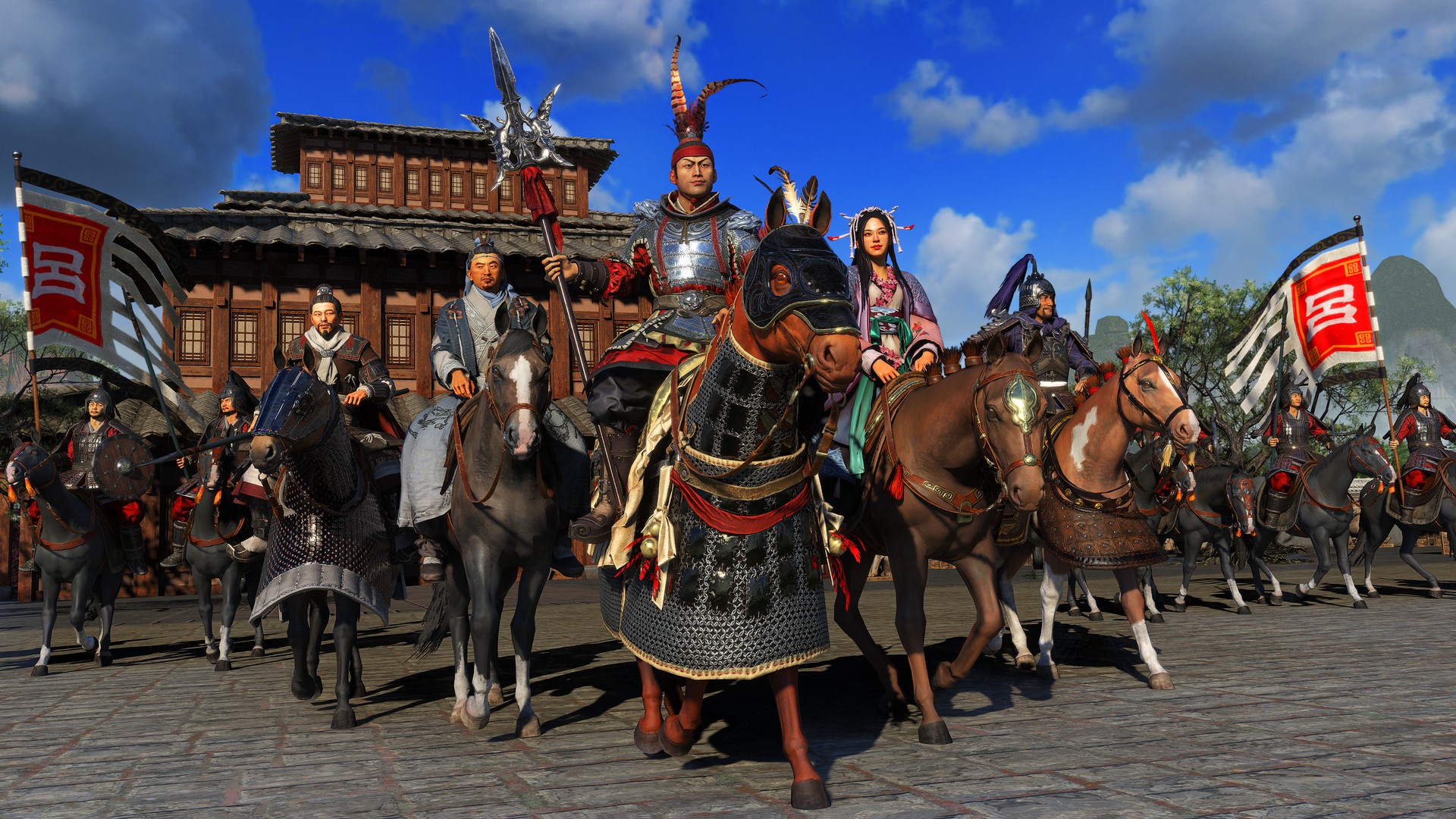
Deciding the best Total War games is a difficult business. Everyone has their favorite—the game that got them into the series or let them dive into a historical period that they were always interested in. Sometimes, as it was for me with Shogun 2 and Three Kingdoms, you discover a historical period you didn't know much about and it kickstarts your curiosity.
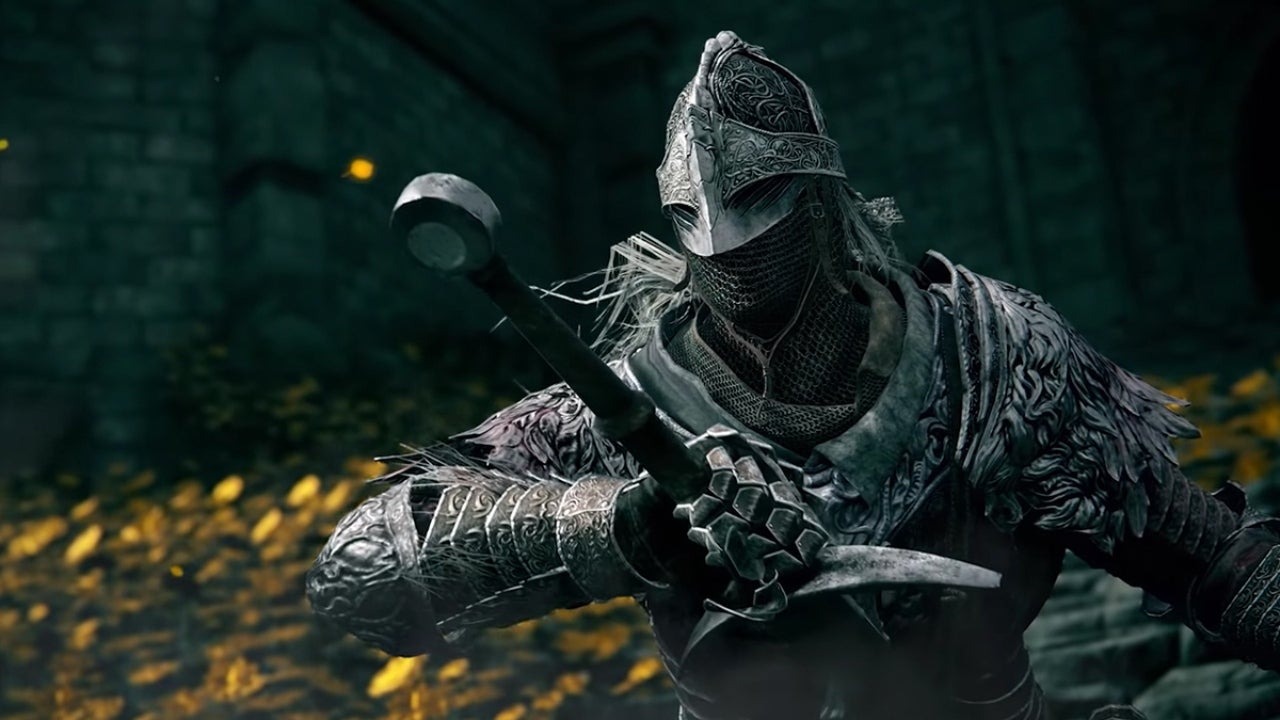
2023 games: Upcoming releases
Best PC games: All-time favorites
Free PC games: Freebie fest
Best FPSes: Finest gunplay
Best MMOs: Massive worlds
Best RPGs: Grand adventures
With Total War: Warhammer 3 introducing survival battles, the announcement of a new Three Kingdoms game, and Total War Saga: Troy trying mythology on for size, more than ever before, the series is developing in many directions at once. But the classics are still there, too. One of the central appeals of Total War is that despite the differences, there's a cohesion that runs throughout them all. You can dip into whichever you want and always find crossover.
Total War is also uniquely nostalgic for a lot of people, and so it's always fun to periodically revisit games throughout the series depending on what you feel like. I'm always drawn back to Fall of the Samurai, Attila, and Rome 2, for example, and that's different for everyone. But whichever ones you prefer, they all offer that same mix of conflict and conquest, failure and domination.
Here are the best standalone Total War games.
10. Rome 2 (2013)
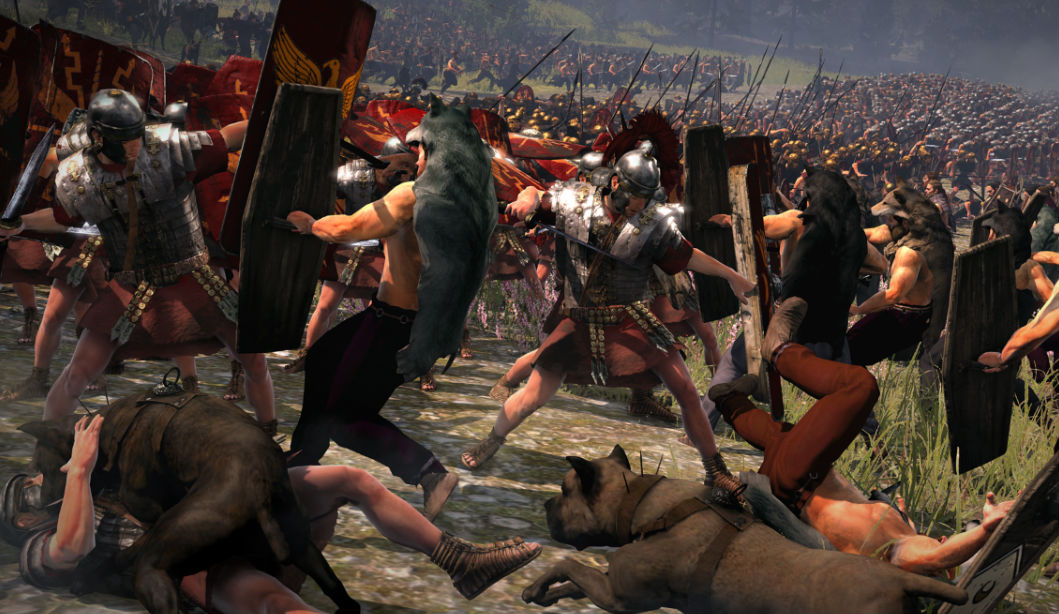
It says loads about Total War that the lowest entry on this list isn’t a poor game—it’s just not as great as people hoped. The still-excellent original Rome set a high bar, but that wasn’t the only issue: Rome 2 had a flawed launch and played like an uneasy transition to a more advanced game engine (which it was). Because of that, it’s a harder game to love.
Truthfully, the game’s reputation is a little unfair today—the numerous bugs and wobbly AI have been patched, and when it works, it’s as deep and rewarding as any other Total War. It also has an amazing selection of unique factions, making this feel like one of the richest entries in the series.
Read our Total War: Rome 2 review.
The biggest gaming news, reviews and hardware deals
Keep up to date with the most important stories and the best deals, as picked by the PC Gamer team.
9. Medieval (2002)
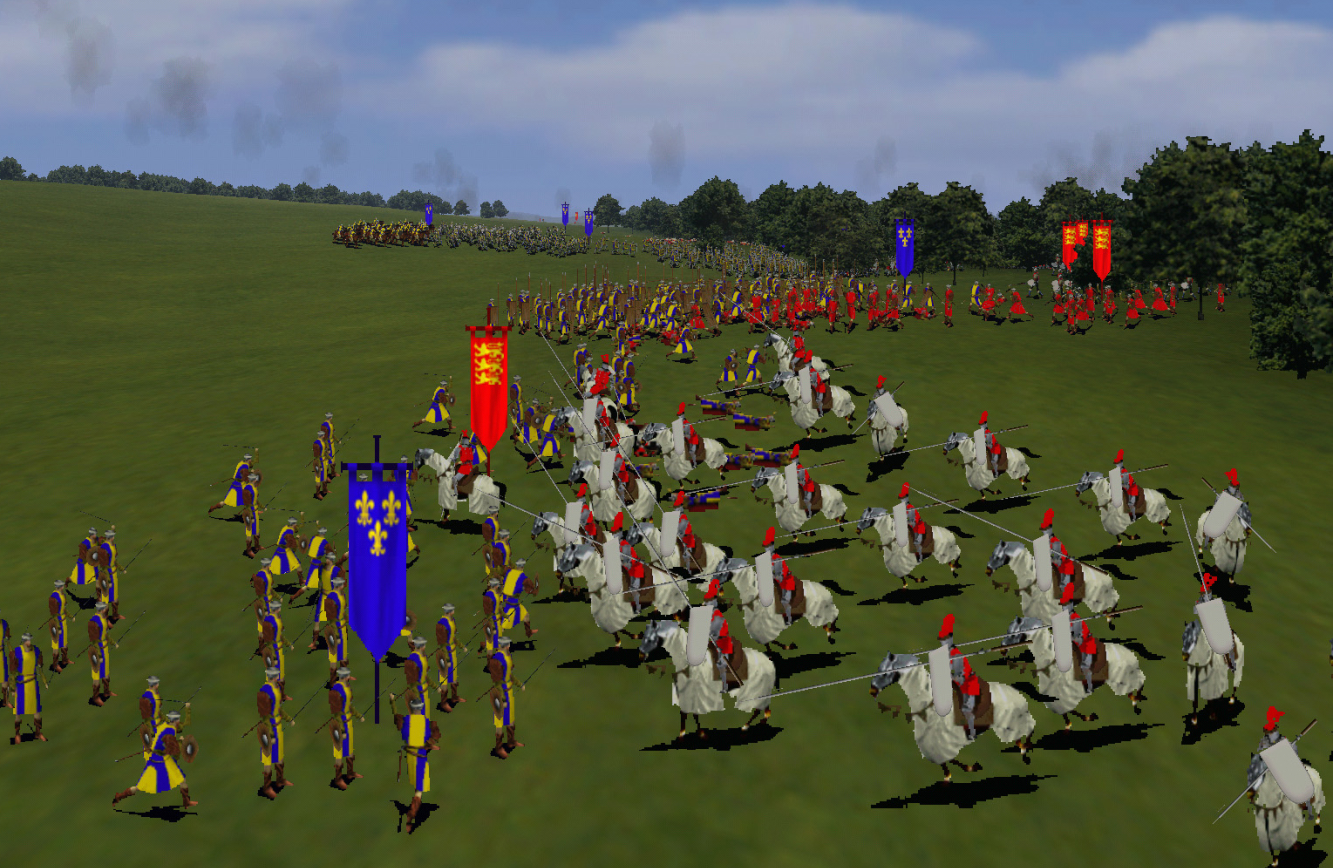
There’s still loads to love about Medieval, but much of it has been refined and improved in the sequels. It bravely expands the scope of the strategy layer, adding elements such as loyalty, religion and espionage, and because of this it feels like a deft representation of the brutal, tumultuous setting. It’s also the game that really nailed the ‘feel’ of Total War’s battle system—gleaming armour, lines of armoured troops smashing into each other, rousing music and improved graphics.
It obviously looks simplistic when compared to the recent games, but the impact at the time can’t be underestimated. Shogun started it all and Rome refined it, but Medieval expanded the series in a way that belies the simple presentation.
8. Shogun (2000)
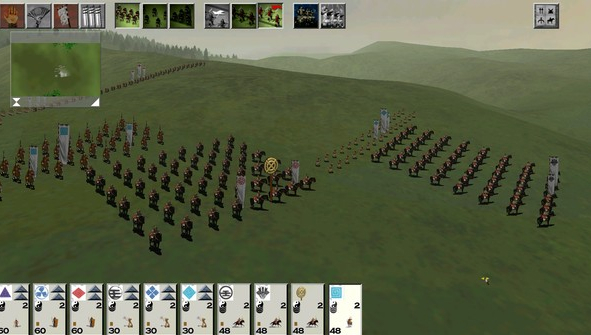
Like the first Medieval game, Shogun isn’t low on this list because it’s poor, but because it feels like a thing from a different era. It also suffers from having a sequel that stands out as one of the most dramatic and compelling entries in the series. But despite this, the original Total War game has moments that linger in the mind years after you first played it—things like charging into ranks of spearmen with a Kensai sword saint, or the desperate crackle of doomed musketeers resisting a cavalry charge.
If you want to play a Total War game set in feudal Japan you’re far more likely to play the sequel, but this is worth playing for posterity—a beautiful, stirring snapshot of the series in its early days.
7. Empire (2009)
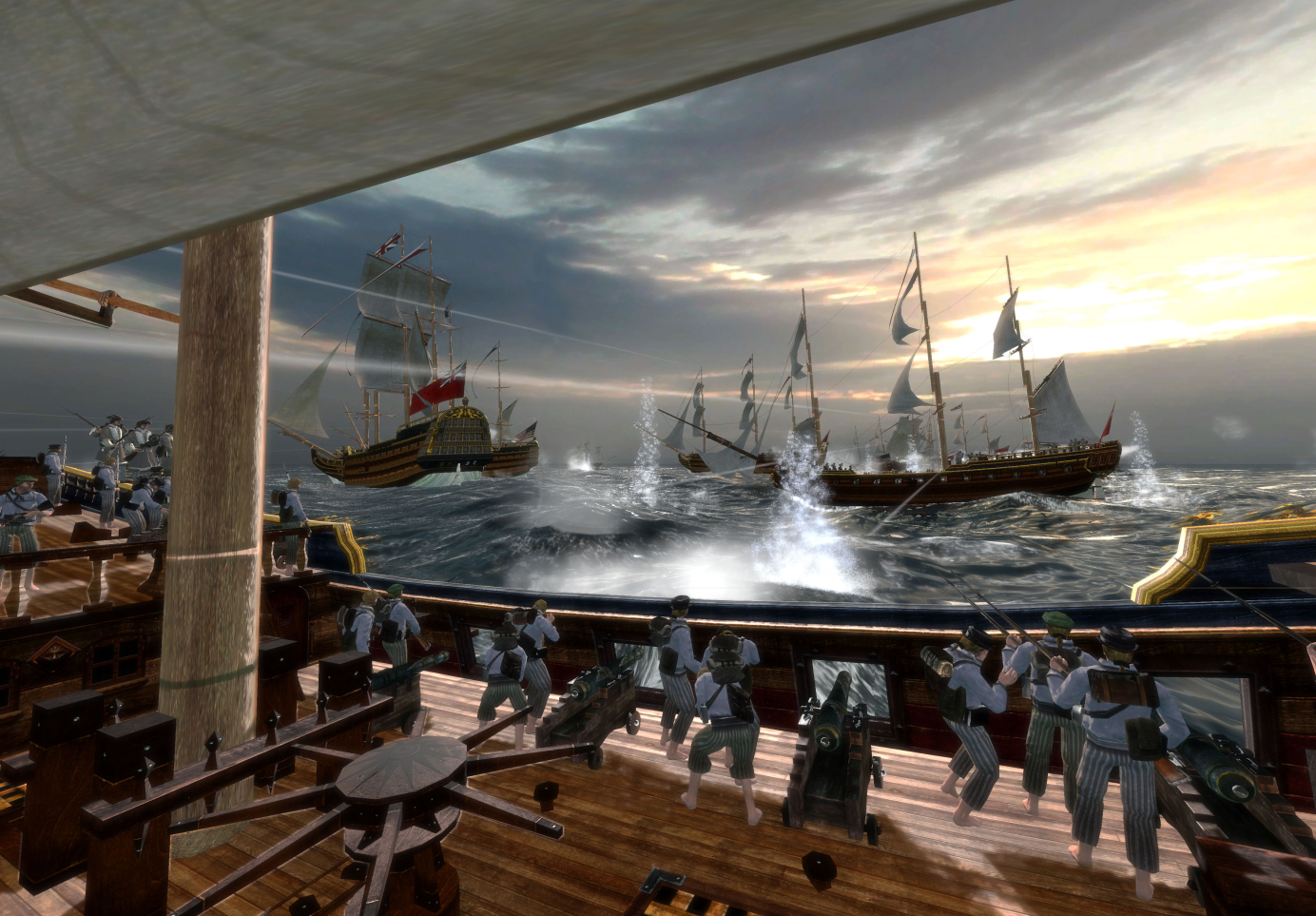
There was so much that could have gone wrong with Empire—the shift away from melee units, the flimsiness of ranked rifle fire, the specificity of naval conflict—but it did an admirable job of integrating systems that were alien to a game previously about hammering conflict and cavalry charges. It took until Napoleon for those creases to be ironed out. The AI is weak and the scale and scope can be troubling for anyone stepping up from Medieval 2, but it’s still an incredible achievement. It embraces concepts that would be impossible in earlier games, and the technology trees have a much more direct effect on the game (plus there’s something hopeful about the abolition of slavery being the ultimate expression of enlightenment).
The battles lack the muscular impact of melee focussed Total War games, but the sound of cannon roaring on a crowded battlefield is still exhilarating. And one final, very minor thing: the theme tune from the main menu is incredible.
6. Attila (2015)
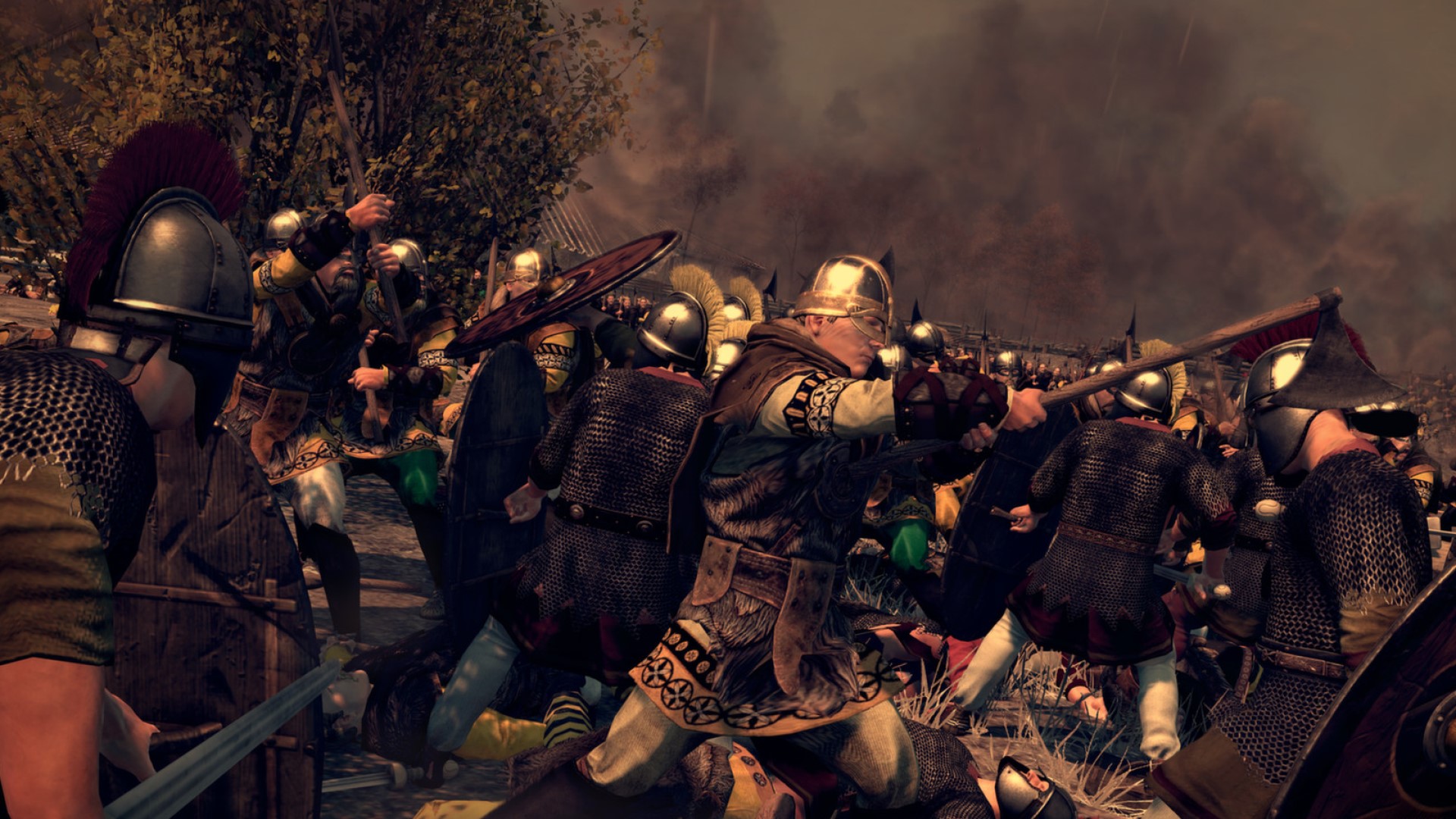
The most characterful moments from classic Total War games usually happen organically—the brave mercenary army on the edge of your empire, the feckless offspring of crusading generals. Attila is the first successful attempt to weave these stories into the game itself. It almost makes Total War a misnomer. It’s not just about fighting: Attila is game of politics, feasting, famine, desolation, and migration, set during one of the most fragile and fascinating periods of history—Europe still feels like a unformed concept, ready to be shaped or smashed as you see fit.
It also does a great job of folding in more complicated elements, such as weather and guerilla warfare—perfect for anyone more used to the simple clarity of earlier Total Wars. And like Warhammer, everything you do is under the shadow of a gathering storm: it’s not if Attila and his Hunnic army will arrive, but when. A brutal, unforgiving and wonderfully complex strategy Total War game.
Read out Total War: Attila review.
5. Rome (2004)
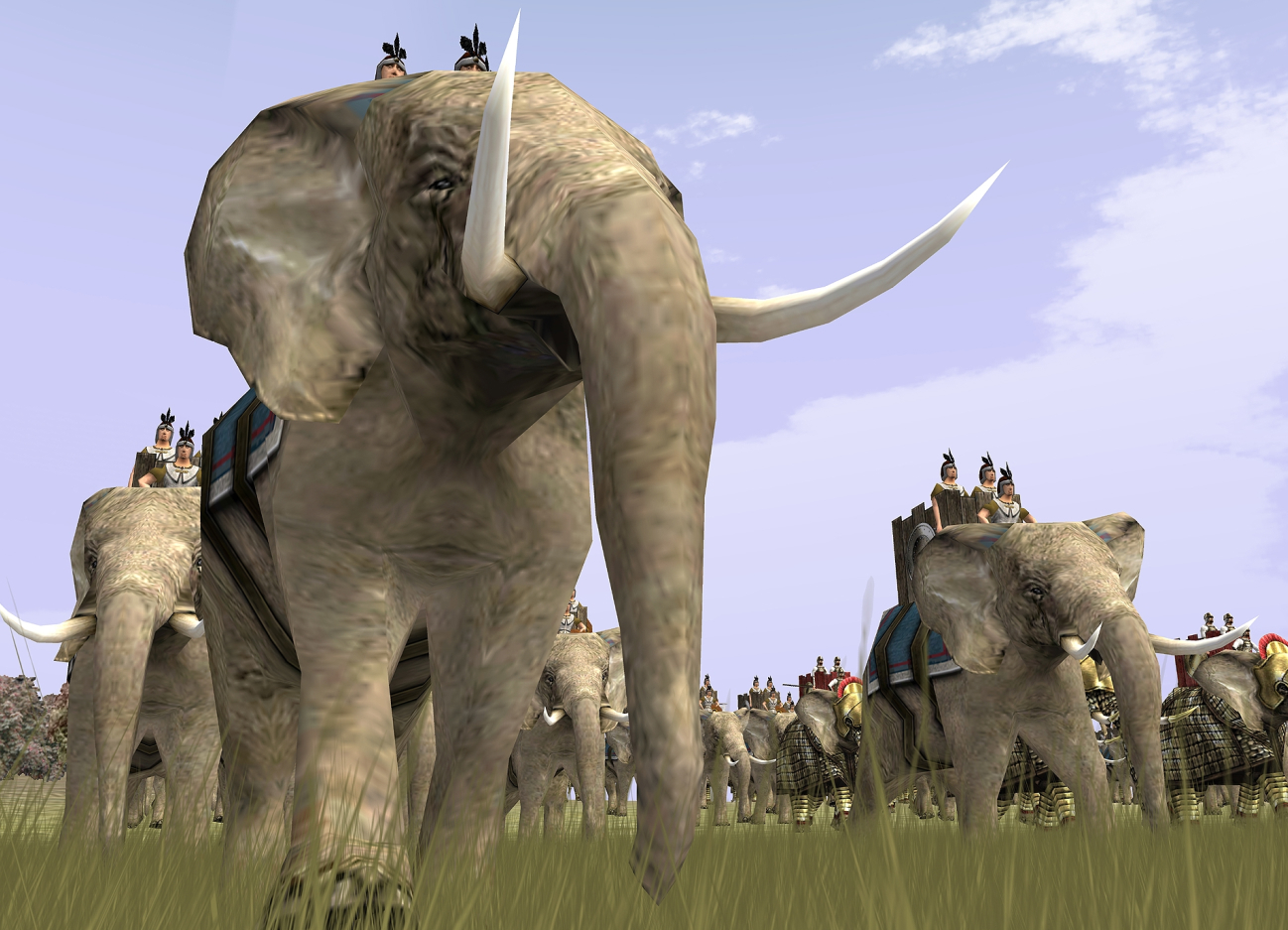
Rome was the first game where the scale of the conflict completely overwhelmed me. I’d pause every elephant charge to enjoy the impact and chase down every last fleeing slinger just to see them stampeded. It was also the first taste of what remains my favourite element of the series: the specific conflicts that appear in every game, when you and a rival faction push at each other’s borders until the dam breaks and you flood into their land. It helps that the setting is familiar to anyone who’s studied history (or read Asterix).
It’s immediately and deeply satisfying, and the only thing better than driving the Roman war machine across the Europe and beyond is defying history and withstanding it. Chuck in the savagely unforgiving Barbarian Invasion—the only Total War game that forced me to become a Roman vassal—and you have the best example of this time period in the series.
4. Medieval 2 (2006)
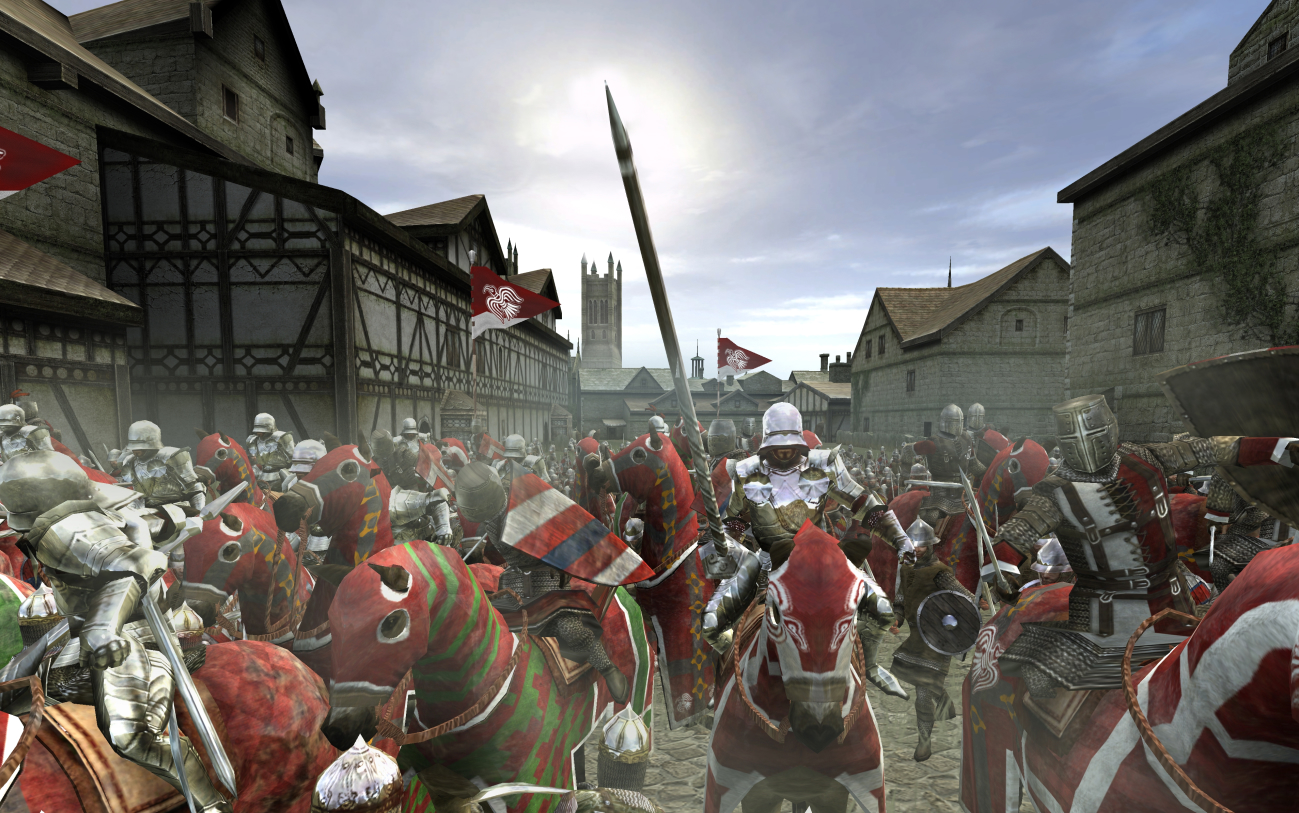
Medieval 2 owes an unquestionable debt to the games that came before it, but it has something magical that sets it apart from its predecessors. It’s an exemplary setting for a Total War game—a time of conquest, crusades, and corruption, with enough stability to make each faction relatable and emboldening opportunities for expansion and invasion. Your place in the world makes every game unique. Play as England and the temptation to reach out and crush your neighbours is irresistible; play as Egypt and you’ll realise how shitty it is when barbaric Christians call crusades against you for no reason.
In Kingdoms, it also has a fantastic expansion that focusses on historical flashpoints and adds nuance and detail to the sweeping conquests of the main game. The AI can be soft at times, but it’s still a vicious challenge when the Mongols turn up. And if it’s still too easy for you, an amazing selection of mods breathe extra life into an already comprehensive game: Stainless Steel and Broken Crescent are both still essential today.
3. Warhammer 2 (2017)
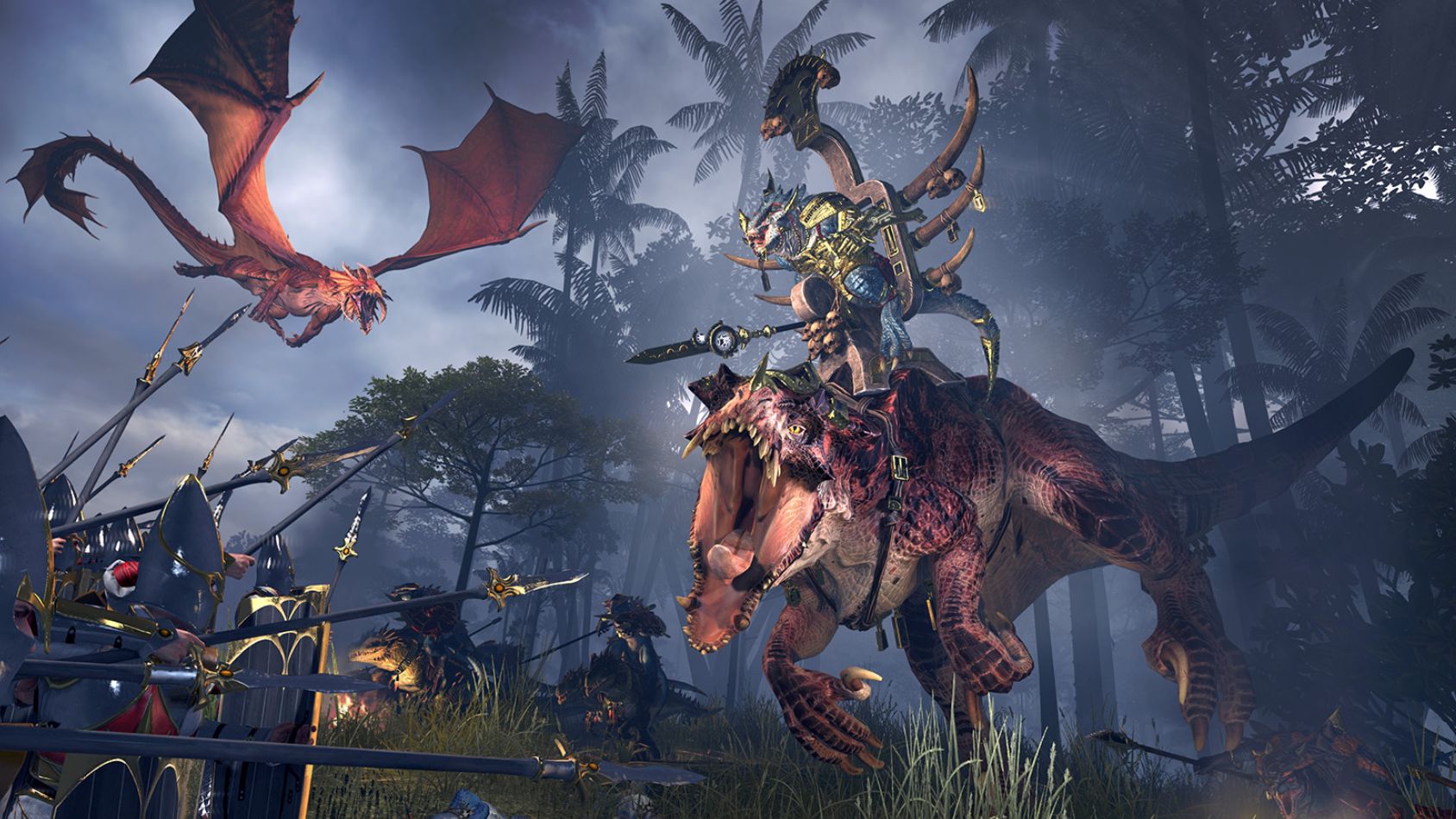
While Total War: Warhammer was an excellent game, its sequel manages to surpass it in terms of creating an even more epic experience grounded in the lore of Warhammer Fantasy. You still get the thrilling RTS battles and campaign gameplay that Total War is known for, but now you have dragons, giant rat monsters, and dinosaurs with lazers mounted on their back. You have magic that can melt entire units, heal them back to strength, or pull them into a whirling vortex of death.
Warhammer 2 is the power fantasy of Total War at its best, offering battles filled with monsters, magic, and legendary heroes. Since its release three years ago, there's been a steady stream of excellent expansions, including Rise of the Tomb Kings and the Curse of the Vampire Coast, as well as eight free legendary lords to play with.
Along with its cross-game Mortal Empires campaign (you can merge Warhammer 1+2 together), Warhammer 2 is potentially the fullest Total War game out there, and with Total War: Warhammer 3 promising even more, it looks like the series still has plenty of life left in it.
Read our Total War: Warhammer 2 review and check out the best Total War: Warhammer 2 mods.
2. Shogun 2 (2011)
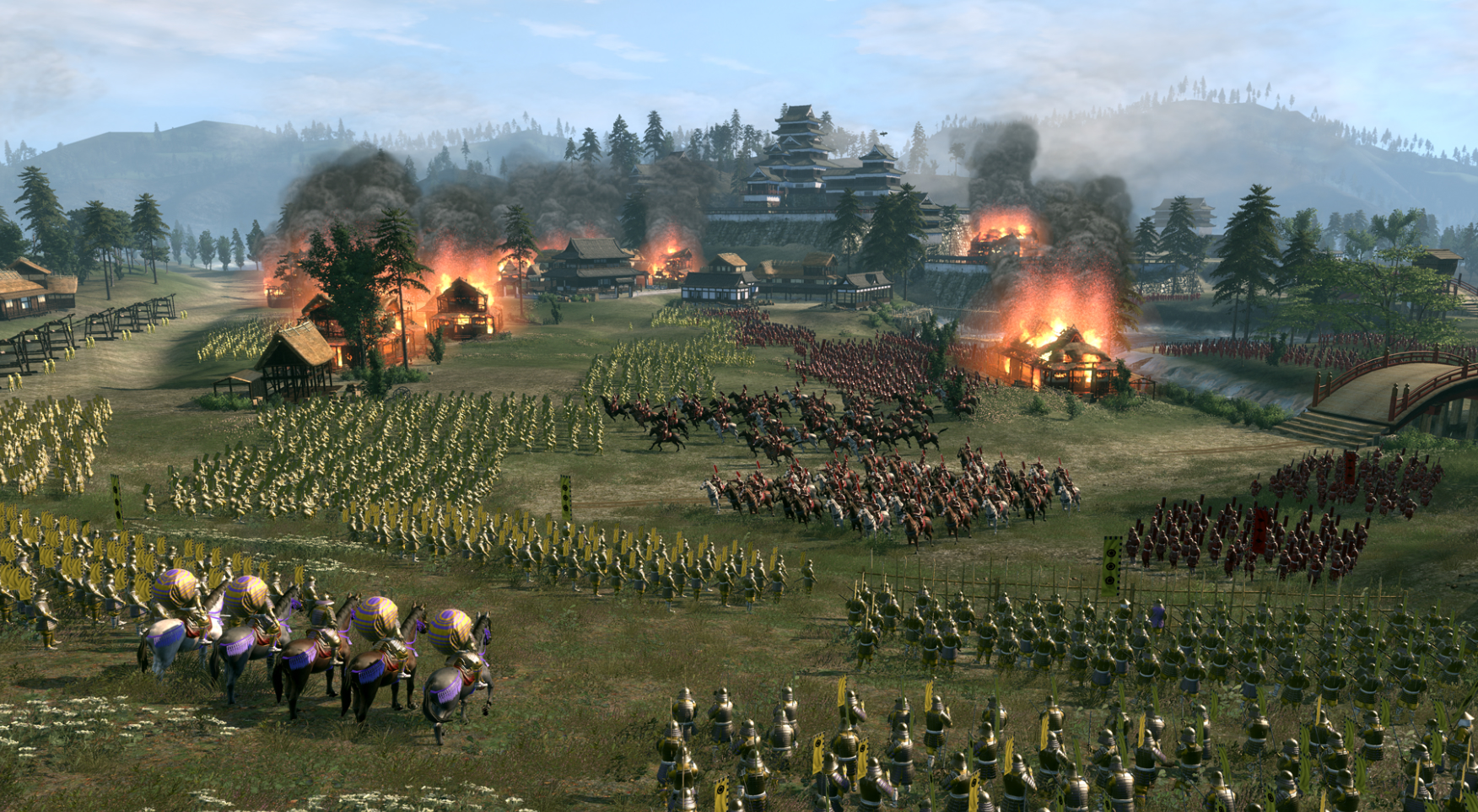
There are other games on this list with more units, greater scope, and grander settings, but Shogun 2 is Creative Assembly at its cohesive best. Globetrotting conquest is replaced by a frenzied struggle to unify Japan, but it never feels small. Instead, the narrow focus makes Shogun 2 a rich, wholly immersive experience, with a superb campaign in one of the most evocative periods in the series. It also fixes many traditional Total War problems. The AI has learned how to use boats and expands aggressively on higher difficulty levels. Clans feel distinct.
And, best of all, The Shogun can declare you an enemy if you get to powerful, preventing you from sweeping to victory—instead of rolling over factions one-by-one, you have to protect the resources you’ve spent time compiling. It’s also magnificently designed, meaning that new players can easily adopt its systems while Total War vets can sit back and let this beautiful, brilliantly-plotted game deliver all the moments that make us love the series.
Check out our Total War: Shogun 2 review.
1. Three Kingdoms (2019)
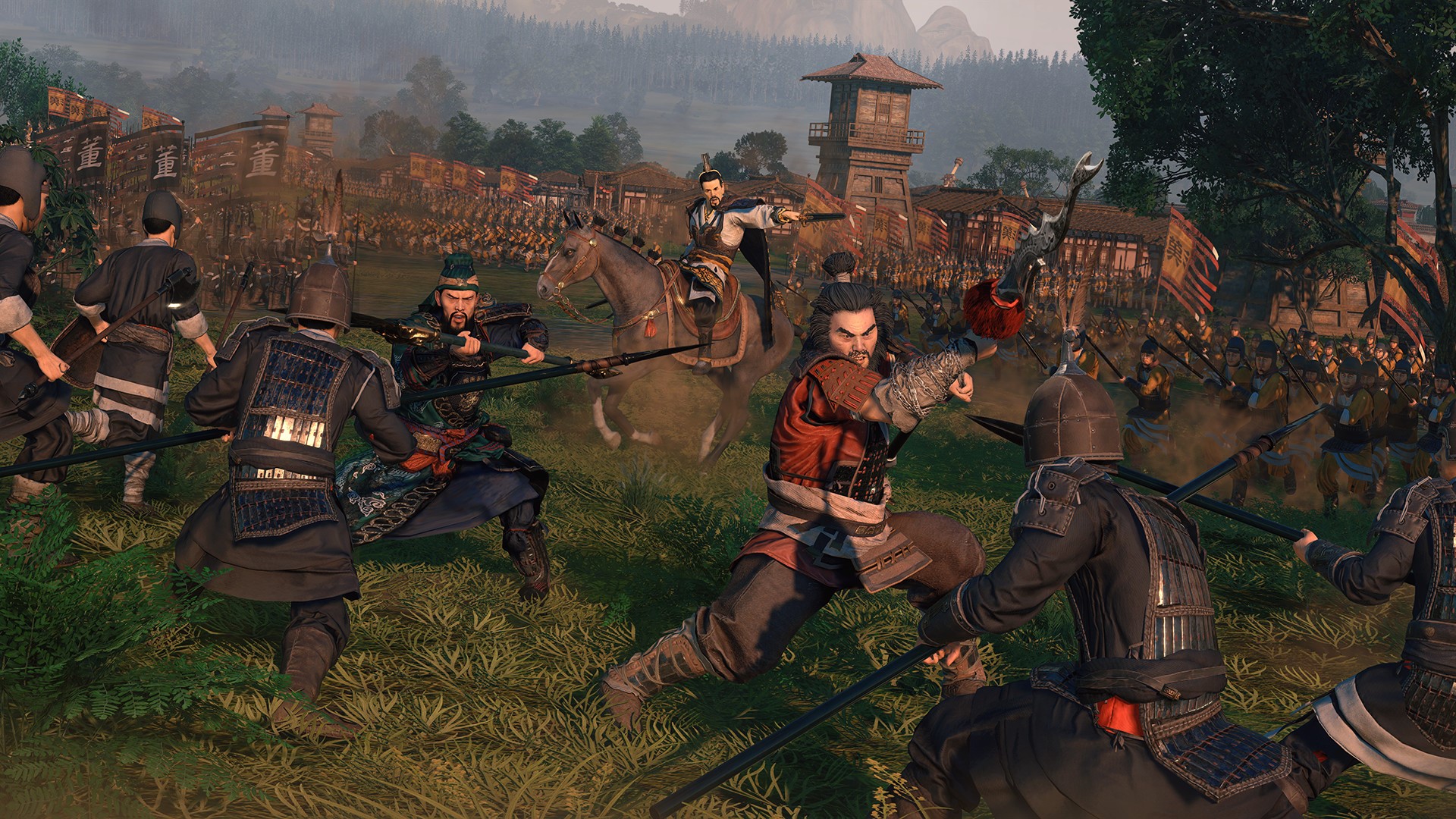
It's hard to understate the impact that Three Kingdoms has had on Total War. Diplomacy has always been a sore subject for many players, and something that Creative Assembly has never gotten quite right in the series. But Three Kingdoms changed all that, adapting the schemes and betrayal of China's Three Kingdoms' period to create a complex layer of character creation, relationships, and subterfuge.
The Romance of the Three Kingdoms' novel, on which the game is based, lives and dies on the strength of its central characters and their ambitions, and Three Kingdoms does an excellent job of using its Romance mode to realise these larger-than-life figures. Whether its fighting dramatic duels in the midst of a chaotic battlefield, or the gorgeous campaign map and soundtrack, Three Kingdom's combines aspects of fantasy and history to create a truly epic experience. It's the one to play today.
Check out our Total War: Three Kingdom's review.

